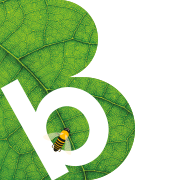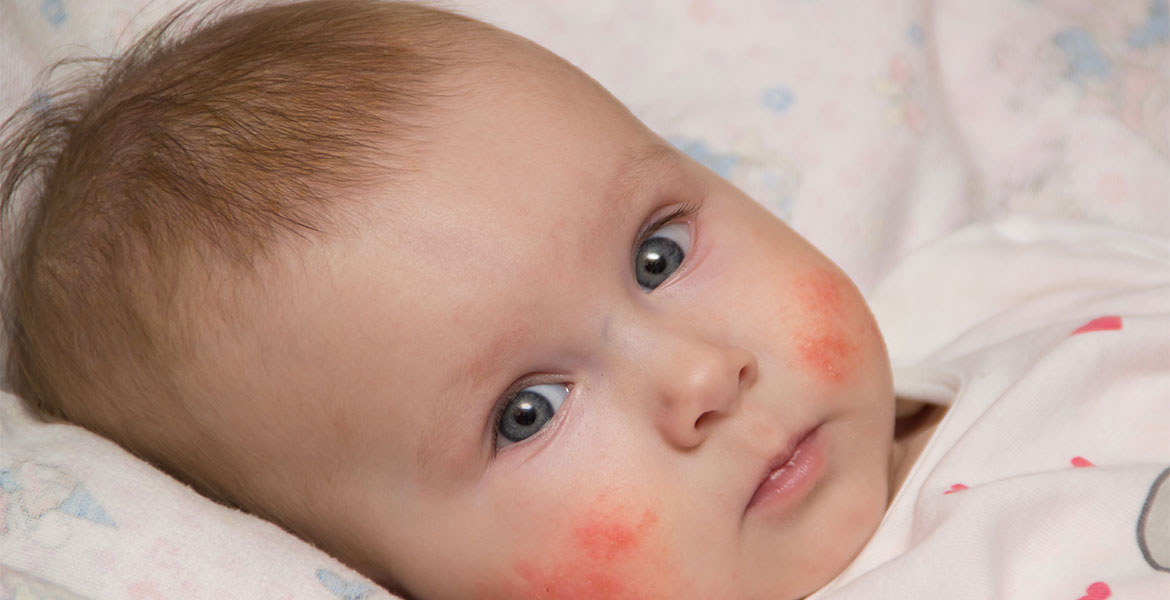 Eczema in babies
Eczema in babies
What is it?
Eczema is a dry skin condition but it is extremely individual and no two cases are the same – which makes it hard to treat. The skin becomes dry, flaky and itchy and can even bleed and get infected. It can be worse in folds like inside the elbows and behind the knees.
Why does my baby get it?
Eczema is not contagious and it’s not fully understood why some children get it and others don’t. One in five children get it and even if they ‘grow out’ of it, may get patches in later life. There may be a family history of it and asthma or hay fever.
How can I treat it?
Some think the skin of people who get eczema has not formed an effective barrier, and therefore it loses moisture more easily. Getting moisture back in to the skin is key. However, bathing your baby too often can actually dry the skin out more.So how do you weigh up these two contradictions?
With this condition, many parents will find that trial and error will be the way to find the treatment that works for your child.
Treatments that your doctor or pharmacist can offer
Most treatment regimes that your GP or chemist will suggest will involve the use of emollients. These are creams and lotions that are designed to soften and moisturise the skin and they can be put into the bath water or directly onto the skin too. There are various types:
- Lotions, which are good for sore skin as they are easy to stroke on but not as moisturising as thicker preparations
- Sprays, which are good for hard to reach places and creases
- Creams, which are good for daily use
- Ointments, good for skin that has become thickened by the condition and are good for sensitive skin but can’t be used on broken or weeping skin
- Products that can be put in the bath or shower and used instead of soap.
If your child has an adverse reaction to one of these products, you should discontinue its use and speak to a health professional.
Steroid Creams
In more extreme cases, and when your child’s eczema flares up, your doctor may prescribe a steroid cream, which can reduce inflammation and redness. They are not for long-term use but for short periods when your normal treatments are just not coping. Try to use that as sparingly as you can and for children NICE recommendations say they should only be used once a day.You should leave it at least half an hour between using a steroid cream and an emollient, or vice versa.
Parent remedies
Many Mummies and Daddies have tried lots of different products for their child’s eczema and while some work for some children, they won’t work for all. It’s worth trying different things to see what works for your child.
Some suggest putting some Dead Sea Salt into the bath water and keeping your baby in the water as long as you can, to rehydrate the skin. After patting dry, apply a barrier cream or a good quality cream for baby skin that is as natural as possible like Weleda’s Calendula Lotion, which is also anti-inflammatory and soothing.
Aloe Vera creams seem to work for some.
Being too hot can make eczema worse, so try not to over dress your little one.
Try to keep affected areas covered in small children, to avoid itching that may inflame or scratch the skin. When they are tiny, you can swaddle them to stop those little fingers scratching.
Chlorine may make the eczema worse, so swimming lessons are not a good idea.
Try to switch to non-biological washing powder or liquid or better still, use Eco Balls or a green washing product. Some nappies have several chemicals and inks that may exacerbate the problem, so switch to washable cotton nappies or eco brands with no chemicals.
Food intollerances
There’s also thought to be a dietary element to the condition, with some foods making flare-ups more likely in some children. Though tomatoes and citrus fruit are often cited as triggers, your child may react to certain foods and not others, so it’s best to speak to a nutritionist or dietician and getting help with an exclusion diet, where you cut out foods one after the other and then re-introduce them to see if they cause a flare-up. Eggs and dairy products are frequently mentioned.
Other tips
Avoid soaps and perfumed body preparations
Avoid synthetic clothing
Keep your child cool; over heating can inflame eczema
Will my child grow out of it?
Some children may grow out of eczema by the time they are year old; others seems to grow out of it on a seven year cycle, so at seven or 14. However, many people have flare-ups at times of stress and may never be entirely free of the condition.

 Eczema in babies
Eczema in babies